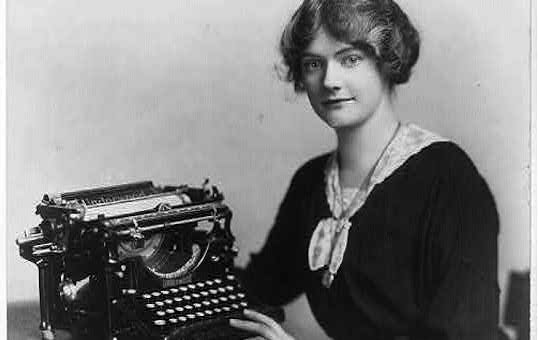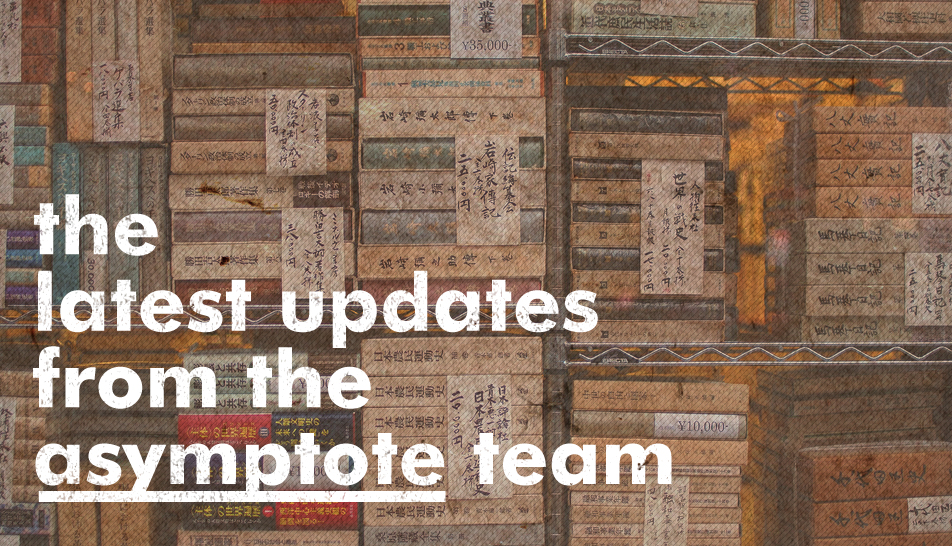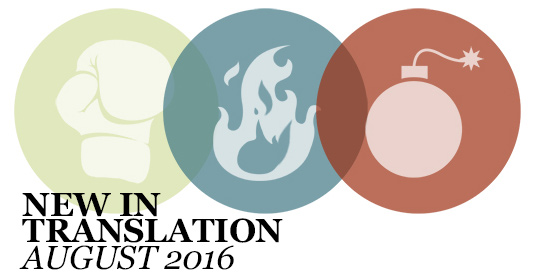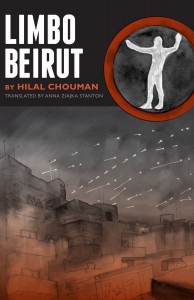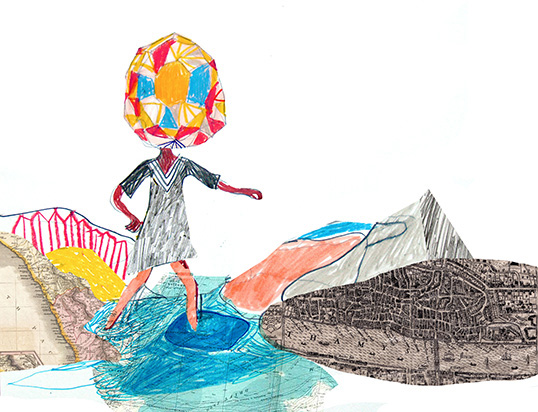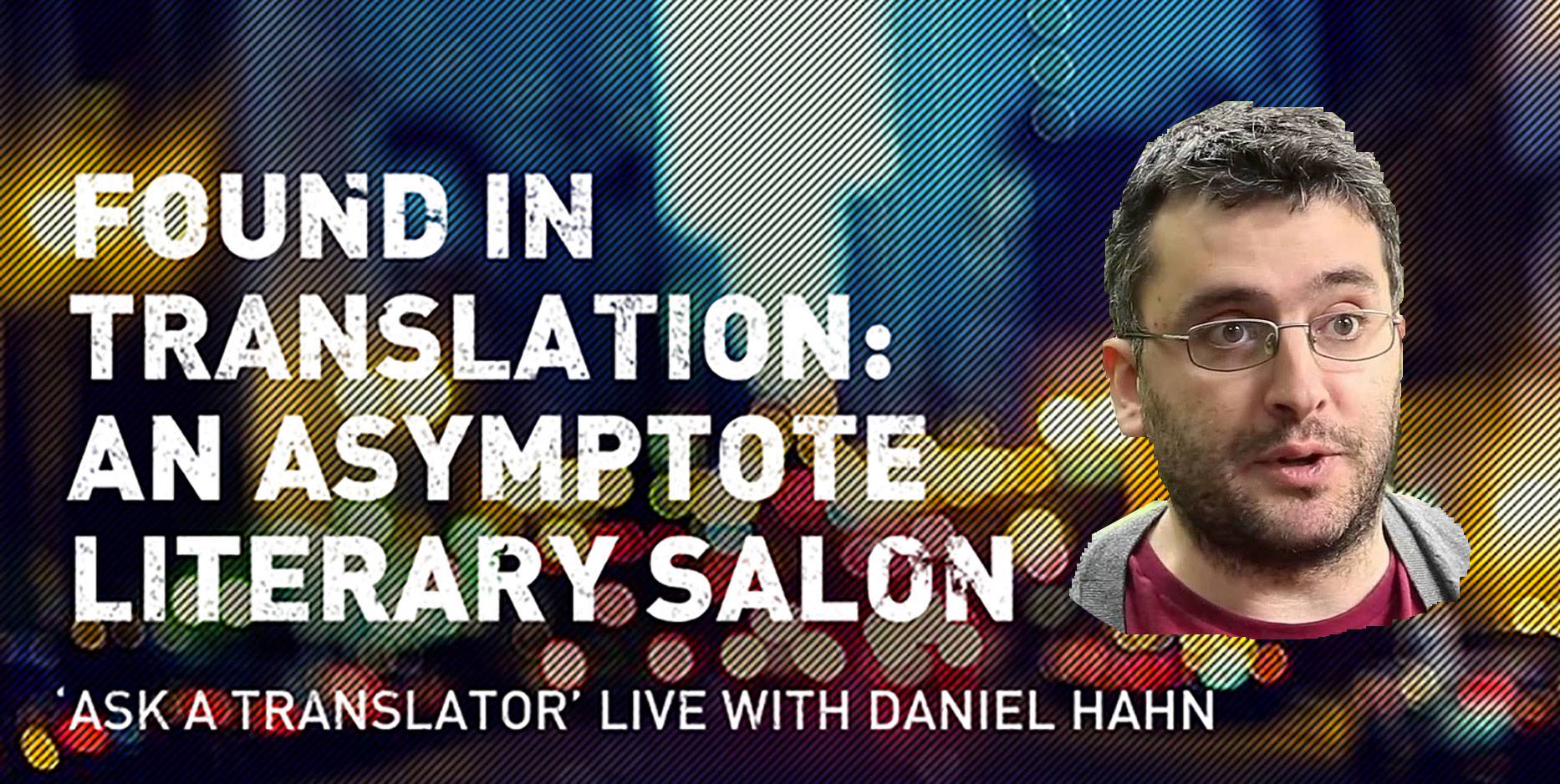This August marked the third anniversary of #WomenInTranslation month, a much-needed attempt to redress the balance between male and female authors within translated fiction. In a genre that prides itself on celebrating diversity and shining a light on marginalised voices, women authors have consistently been overlooked by publishers. The numbers paint a rather depressing picture, since according to Three Percent’s database, translated literature makes up approximately 3 percent of the literature published in English-speaking markets, and women make up a fraction of that — a mere 30 percent, or 0.9 percent of the literature that makes it to stores.
In this respect, #WIT Month is a fantastic way of highlighting women’s voices through the power of social media – demonstrating that not only are these books read, but that there is a large audience with a voracious appetite for literature in translation penned (and translated) by women. But I suspect that, like many others, once the dust has settled and we roll into Fall, my reading habits fall back into routine. The culture industry reflects the character of the society that it markets to, and the fact remains that it is considerably harder for women to get their work to appear to English than their male counterparts. If the problem is to achieve any sort of resolution, #WIT Month needs to first inspire a recognition of the gender biases within the industry and reading habits at large, and to introduce readers to women authors that end up being overlooked or that they might not otherwise have heard of — in short, WIT Month should become a moveable feast.

